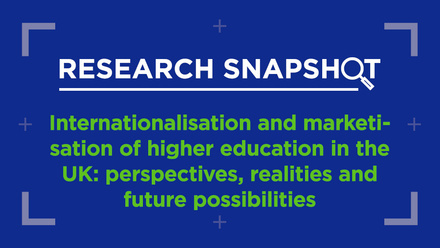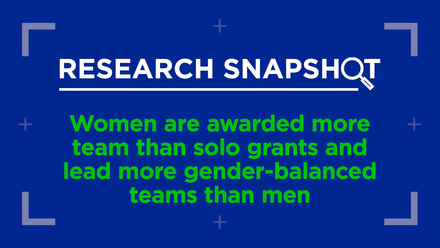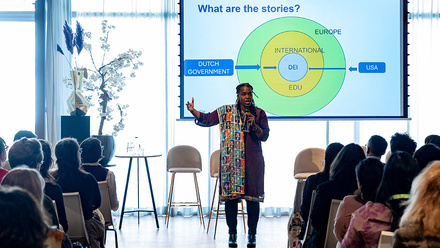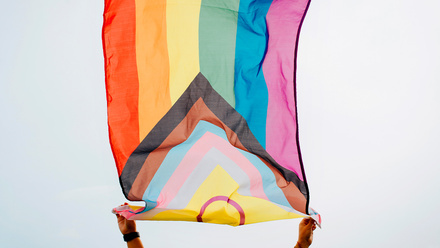Karol Vieker & Malaika Marable Serrano: Let’s talk about discrimination
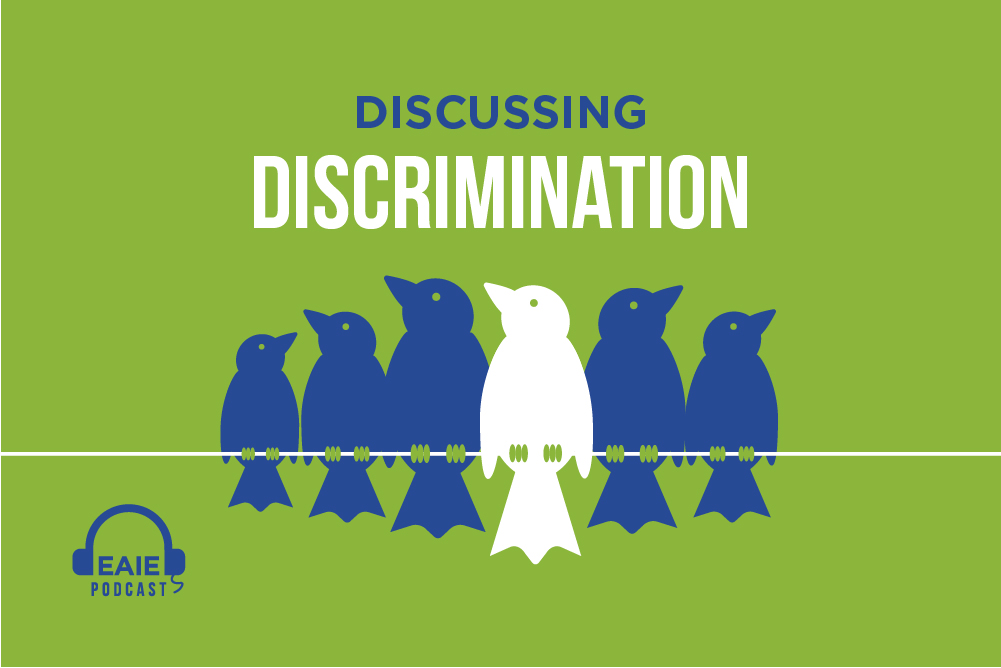
In honor of Zero Discrimination Day, 01 March, we take this opportune moment to reflect on the urgent and compelling issue of discrimination in international higher education.
To help us further these important discussions, we’re joined in this episode by two professionals with deep expertise in this area. Malaika Marable Serrano is Vice-President for Diversity, Equity, and Inclusion at Guild Education, and Karol Vieker is Diversity, Equity and Inclusion Manager at the Stockholm School of Economics.
In line with the spirit of Zero Discrimination Day, aiming at stimulating conversations on “how people can become informed about, and promote inclusion, compassion, peace, and above all a movement for change”, Karol and Malaika show us how we can all take a stand against social injustice in all aspects of our roles in international higher education.
About Malaika Marable Serrano & Karol Vieker
Malaika Marable Serrano is Vice-President for Diversity, Equity, and Inclusion at Guild Education. She has nearly 20 years of experience in leading diversity and inclusion initiatives in academic, non-profit and private sector spaces, having served, among other roles, as Vice-President for Diversity and Inclusion at WorldStrides, and Associate Director for Global Communities at the University of Maryland, College Park. Malaika holds a BA from the University of Southern California, and an MA from the University of Maryland. She is currently completing her PhD at the Centre for Higher Education Internationalisation of the Università Cattolica del Sacro Cuore, researching institutional barriers and unconscious biases in study abroad program design.
Karol Vieker is Diversity, Equity and Inclusion Manager at the Stockholm School of Economics. Originally a choral music educator, Karol has over 15 years’ experience of diversity, equity and inclusion issues related to working life and the educational sector. She is passionate about DEI and human rights and has dedicated her working life to making the world a better place by striving to create open and inclusive environments where everyone is welcome. She strongly believes that this is best achieved through a norm-critical approach where the status quo and imbalances of power are exposed, reflected upon and changed on both an individual and a structural level.
Additional resources
For further insights into the topics touched on in this episode, the following resources may be of interest:

